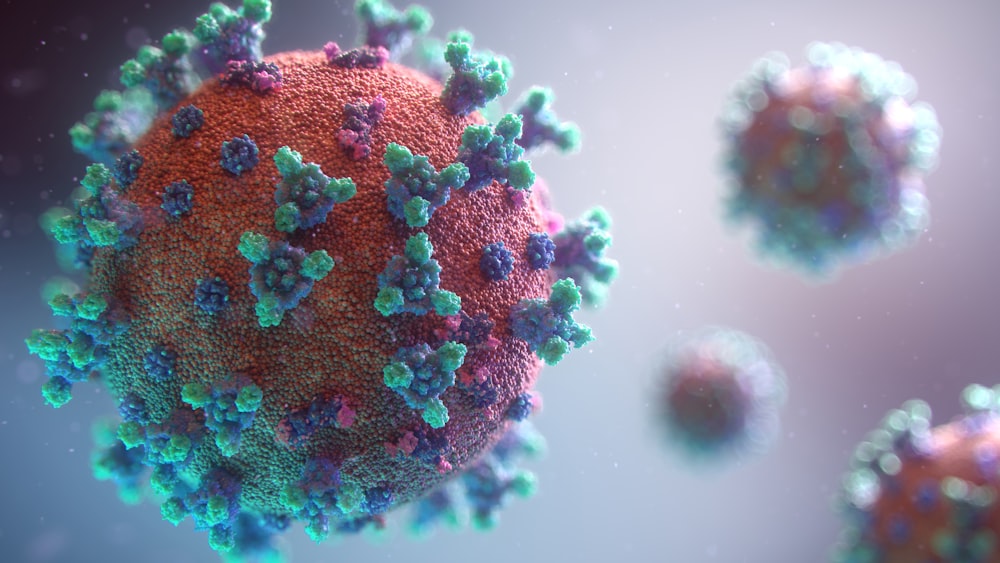
The Science Behind What Makes COVID-19 So Difficult to Defeat
Humans have always feared viruses, from Ebola to HIV now Covid-19. We are still counting the number of deadly viruses that are springing up every year. Some of them seem to be impossible to eradicate, such as HIV. More than 30 million people in the world have HIV right now. It is believed that HIV originated in the Democratic Republic of Congo around 1920, which is more than a hundred years ago.
Viruses kill millions of people in one way or another, and yet with all these viruses already present on earth, the coming of the Covid-19 made it worse—more than five million deaths since the Covid-19 outbreak in Wuhan.

How Do Viruses Work?
Have you ever thought about how a microscopic thing like a virus can make a person so sick? It is not even visible to the naked eye. They come in a variety of shapes: rods, round, with crowns or cylindrical tails. But you can’t see them with a simple microscope. You have to use a scanning electron microscope to see a virus, as an electron microscope uses electrons instead of light to create an image.
Viruses usually enter the body through the eyes, mouth, nose, genitals, open wounds, or bites. There are also transmitted from one person to another by aerosol or sexual contact; it depends on which virus it is.
Viruses are basically inactive until they come into contact with a host cell. If the immune system manages to fight off the virus entering the cells and prevent it from multiplying, the person does not become ill. Nevertheless, the body reacts in different ways to fight these foreign bodies.
Why Is Covid-19 Different?

Antibiotics used to fight bacterial infections attack the cell walls of the bacteria, blocking protein production and preventing the bacteria from multiplying. However, they are not effective against viral infections because viruses do not carry out any of these processes themselves. Rather, viruses must invade and take over host cells in order to replicate.
Covid-19 is a disease caused by SARS-CoV-2, which can cause what doctors call a respiratory infection. As soon as you cough or sneeze, the virus spreads, and in people in whom Covid-19 has proven fatal, the virus has taken up residence deep in the lungs, making them deadly.
Another feature of Covid-19 is that symptoms don’t show up as quickly as with other viruses, so you can infect people around you before you know you have it.

The fact that the virus can be spread easily and we don’t know when we have it makes eradicating Covid-19 difficult. Eradicating this virus from the world now is now akin to trying to build a stepping-stone orbit to the moon, and that’s unrealistic.
In addition, outbreaks of variants make it difficult for us to eradicate the virus. New variants of a virus emerge because the virus that causes COVID-19 is constantly changing through a natural mutation process. Vaccines are less effective against emerging variants, and variants are becoming more deadly.
As the majority of the population is infected with the virus, our immune systems will be better able to fight it. It is predicted that the Covid 19 virus will not be eradicated but rather devolve to a milder form, similar to the common cold.
It is possible that it will change for the worse, just as it can be for the worst. We can’t really predict the future of a virus. Let us know in the comments what you think about Covid-19 and why it is difficult for us to eradicate it.
What Organ Donation Is All About
You May Also Like

Top 3 Things To Improve Customer Satisfaction In Your Pharmacy
2022-12-27
Amazing Scientific Facts Hidden in the Bible
2022-06-07
